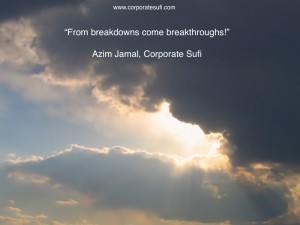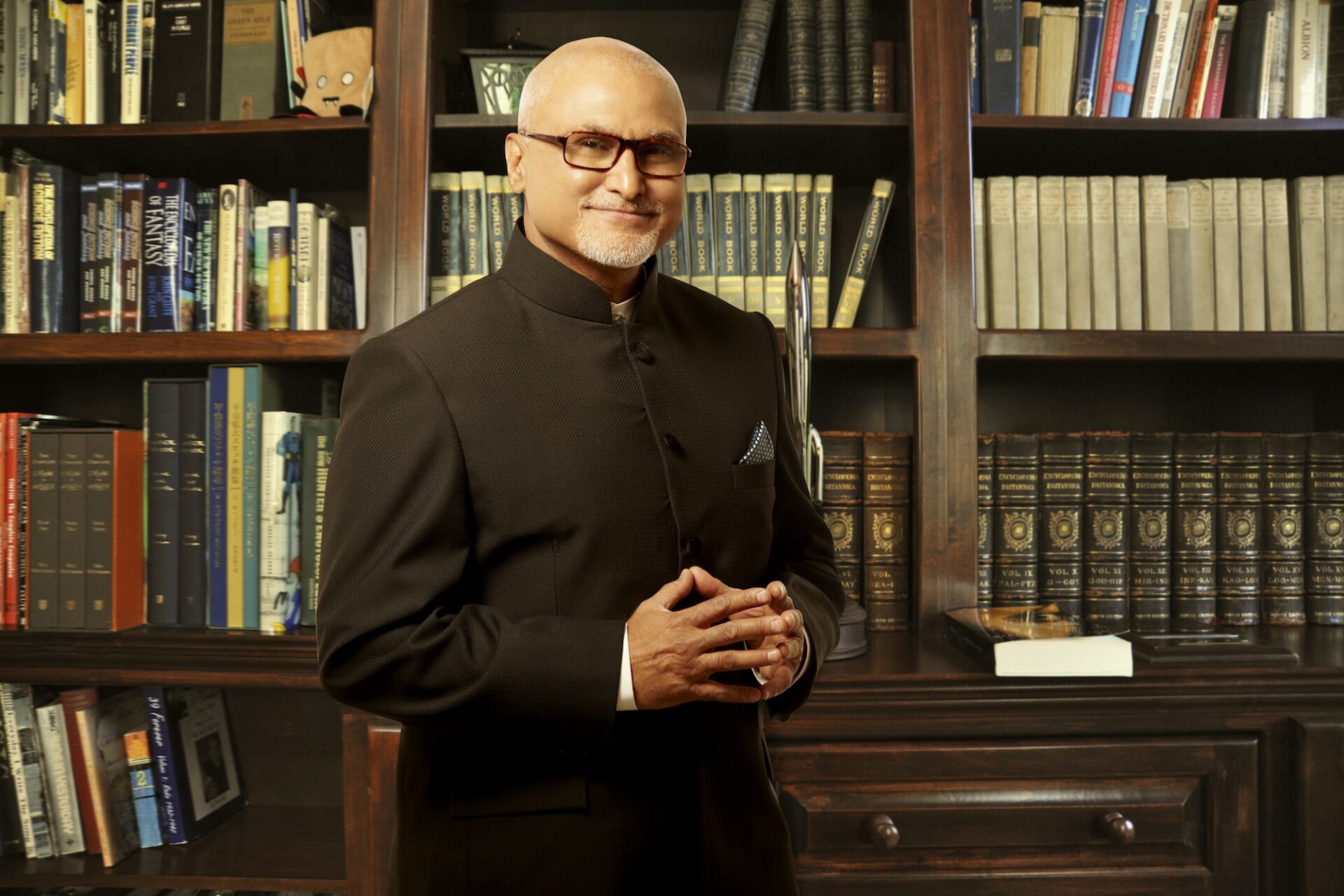
Finding Meaning in Pain
Prophets, saints, holy people all had their share of pain and sorrows. Why would people so close to divinity go

Prophets, saints, holy people all had their share of pain and sorrows. Why would people so close to divinity go

Planning, fine-tuning, and striving to get better and better every day in every way, are all good things to do.

I had a meeting scheduled with a friend at Blenz coffee shop. However, for some reason, I ended up at

Letting go is not the same as giving up. Giving up is when you are aiming for a worthy aspiring

Happiness is and will always be the most cherished, yet most elusive, of all human desires. Happiness isn’t something that

We cannot control what others may choose to think of us. What we can control are our actions, reactions, and
Since launching the SPARK series a month ago, we’ve explored the foundational pillars of Service, Purpose, Attraction, and Resilience, illustrating
Following the introduction of the SPARK series four weeks ago, I have covered the key tenets of Service, Purpose and
Over the last couple of weeks, I have been sharing with you the unique elemental traits of SPARK. So far,
